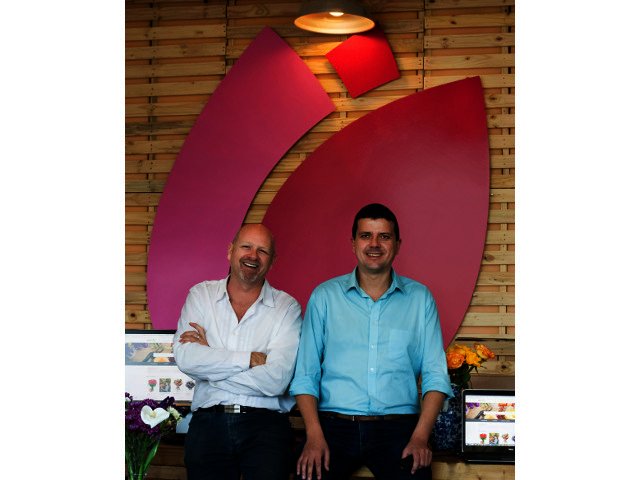While larger organisations quickly capitalise on the technological revolution, traditional small businesses and upstart entrepreneurs are struggling to keep afloat. With the correct business models, they could be the greatest beneficiaries from the Internet’s empowering influence.
Still in the early stages of transformation, traditional business owners don't always comprehend the opportunities the Internet has unleashed. Many more technological innovations and enabling capabilities like marketplace platforms are likely to emerge, whilst the ability to connect everyone and engage them more deeply will continue to grow exponentially.
SA Florist co-founder Fraser Black says traditional businesses must recognise and embrace the enormous opportunities that the Internet can create. "The Internet has grown from about one billion users in the 1990s to two billion in 2000 to an unknown number today."
He points to the three waves of the Internet and more specifically to the third wave that is called The Internet of Things (IoT). "Much of the innovation in the Internet of Things is being fuelled by young dynamic companies. It is a huge business enabler where everything is connected via the Internet including tablets, cars, security systems, TVs, homes and watches."
The IoT is a whole new way of thinking about the products and services the business provides.
It represents a huge opportunity for manufacturers of devices, providers of services and other businesses that can manage the wave of high-velocity data and find business value for their customers and their markets.
While many traditional businesses remain unprepared for the Internet of Things, many others are already taking advantage of the opportunities it provides and realise the threat of disruption it could pose. IoT as one of the most active areas for innovation, traditional businesses and start-ups are now competing with traditional giants to bring IoT products and services to business and consumers.
The IoT model is where things talk to things and processes have two-way interconnectivity so they can interoperate both locally and globally. Decisions can be made according to predetermined rules and the resulting actions happen automatically, without the need for human intervention. These new interactions are driving tremendous opportunities for new services.
Today 11 percent of all data is machine-generated. IDC estimates that by 2020 the number will rise to 40 percent, with somewhere between 20 and 50 billion devices fueling that growth.
Nick Wallander, SA Florist co-founder, says the Internet of Things is creating new market opportunities and providing a competitive advantage for enterprise users in current as well as new markets. "The Internet of Things touches everything, not just the results you get, but also how those results are generated and used."
The changes that have created the IoT are not changes to the internet, but rather changes to the things connected to the internet - the devices and gateways on the edge of the network that are now able to request a service or start an action without human intervention.
Gartner estimates the total economic value-add from the Internet of Things across industries will reach US$1.9 trillion worldwide in 2020.
"The Internet of Things represents not just new technology, but a new way of thinking about technology and its application. To say that this potential multi-trillion-dollar market will affect your business is a gross understatement. It is critical that traditional businesses recognise the impact of the Internet of Things on their future growth strategy," he concludes.





